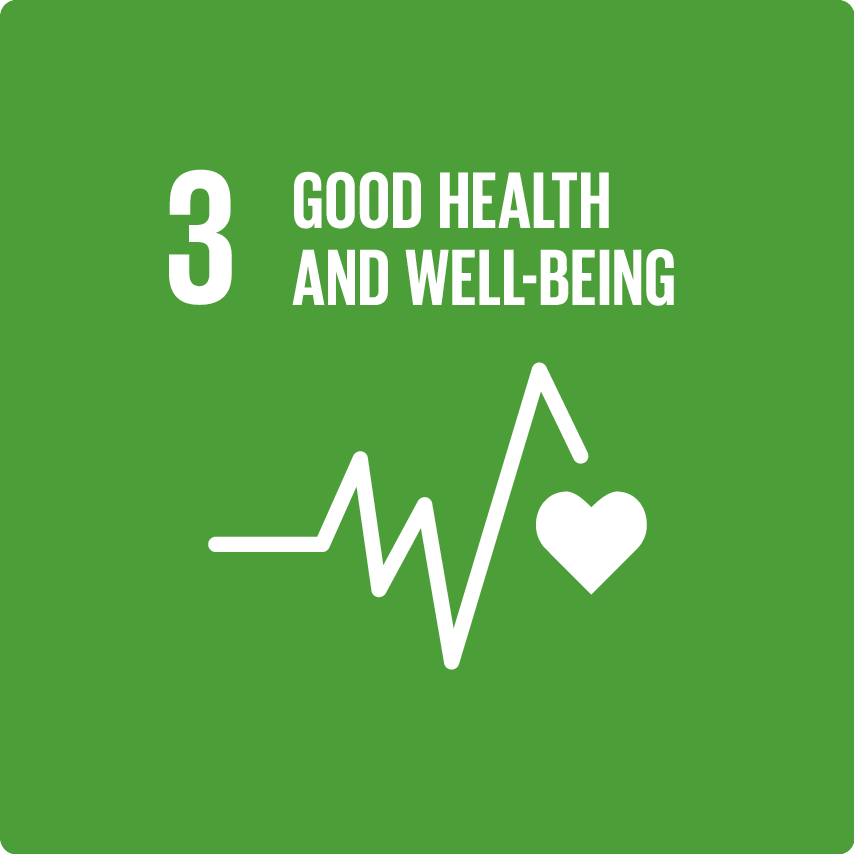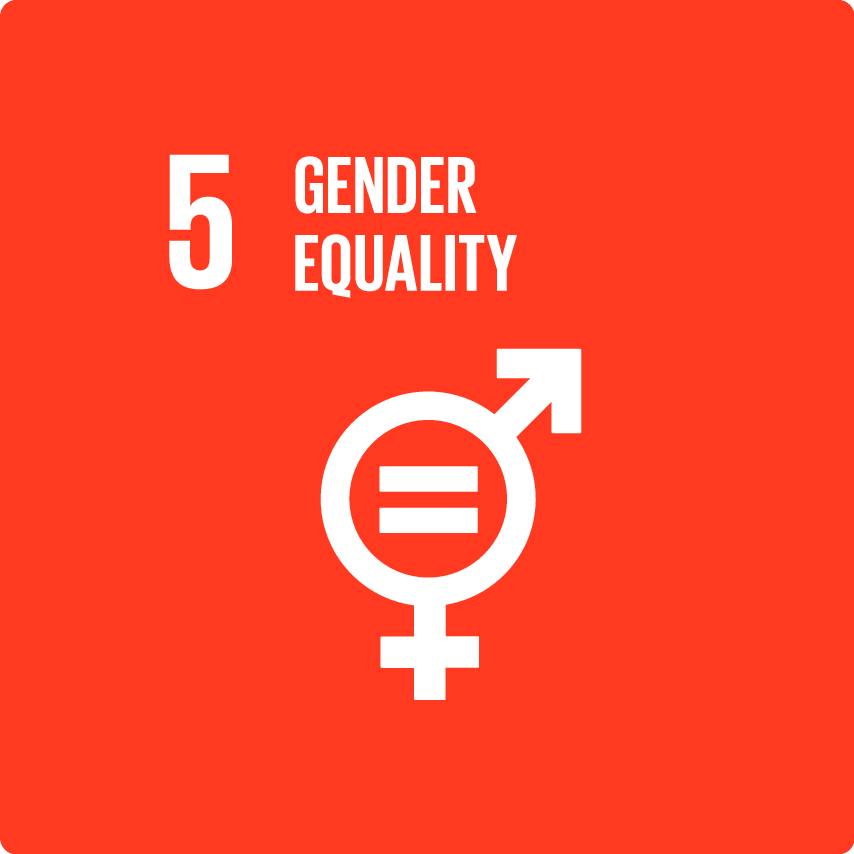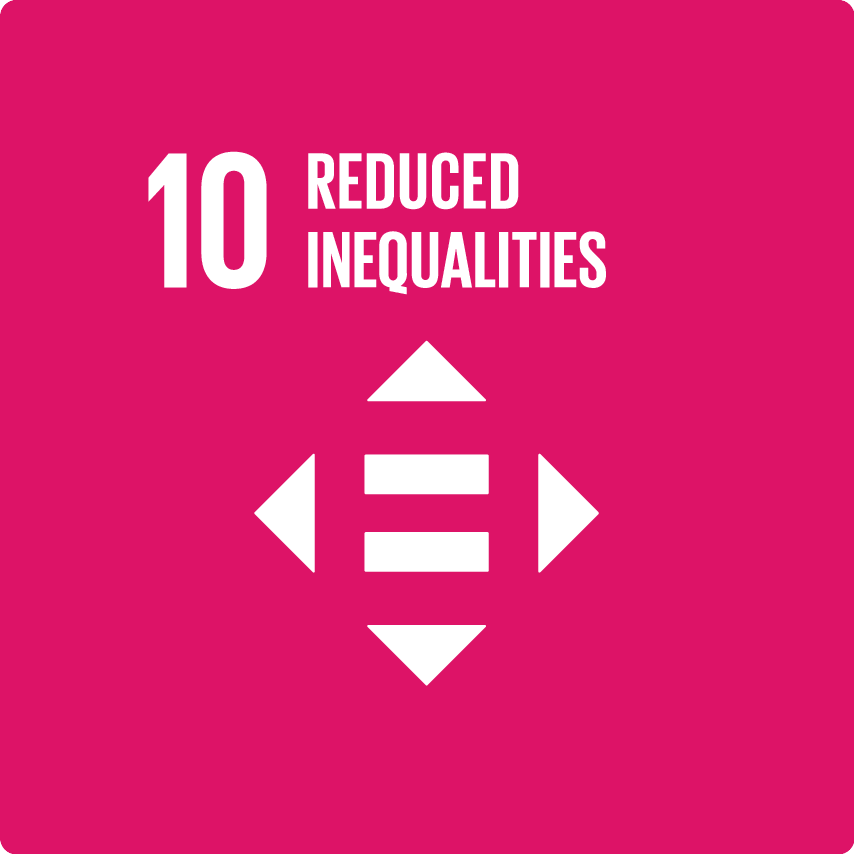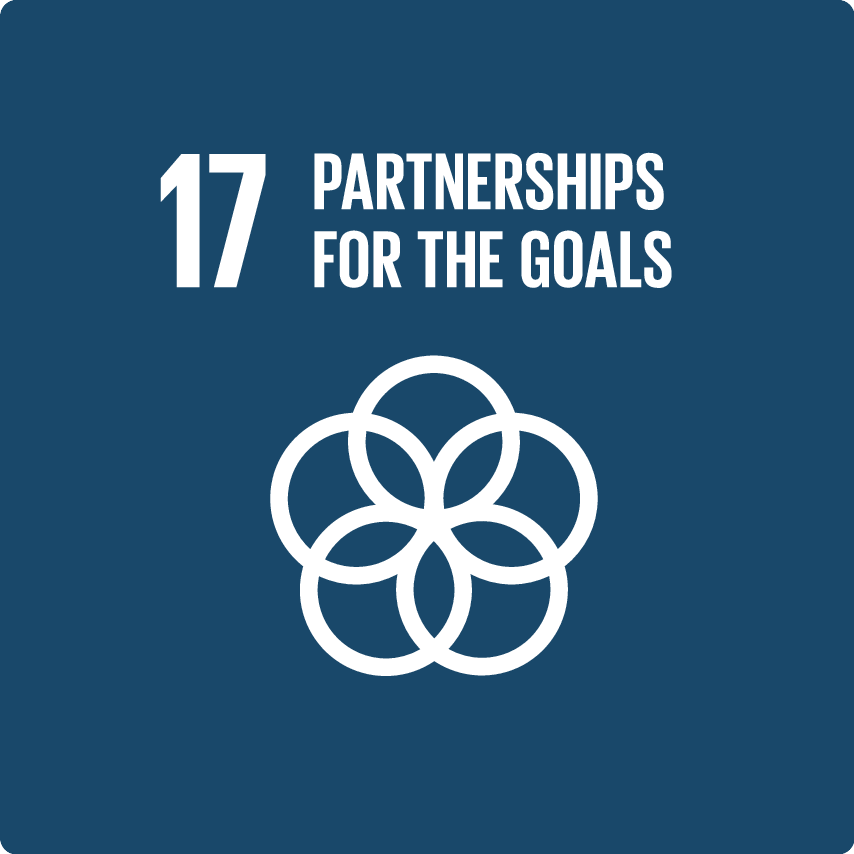Implementation of the Global Breast Cancer Initiative (GBCI) Framework
An innovative multisectoral partnership model initiated by WHO and C/Can with strong private sector support to mitigate the growing breast cancer burden. The GBCI Framework has the potential to save millions of lives in LMICs and bring about a positive change across the oncology landscape.
SEE ALL PARTNER ORGANIZATIONS
Objectives
To reduce global breast cancer mortality by 2.5% per year by 2040 and avoid 2.5 million global cancer deaths.
It aims to achieve this target by following 3 key pillars:
- Promote early detection so that at least 60% of breast cancers are diagnosed at an early stage (I or II)
- Timely diagnosis to ensure that evaluation, imaging, tissue sampling, and pathology reporting is completed within 60 days of presentation
- Comprehensive breast cancer management to deliver the full treatment course to at least 80% of diagnosed patients.
Breast cancer is the most diagnosed life-threatening cancer globally that disproportionately affects women from low- and middle-income countries (LMICs).
The primary objective of this initiative is to reduce breast cancer mortality by 2.5% and avoid 2.5 million deaths by 2040. To mitigate this health inequity and ensure better health outcomes, WHO along with C/Can have partnered to implement the GBCI strategic framework.
To reach its targets, the Partnership will leverage WHO’s global leadership with C/Can’s ‘’on-the-ground’’ experience in local networks among 13 major cities around the world. This innovative collaboration addressing cancer care access will benefit from the private sector’s support, resources, and expertise.
The GBCI framework was launched on International Women’s Day 2023 and aims to strengthen local and national cancer control and management programs, build stronger health systems, and empower women. Some of the initial capacity building and technical plans include:
- Training and dissemination of knowledge on the GBCI technical package
- Capacity building of health workers to prevent treatment abandonment
- Launch of city-level plans and implementation of the framework to ensure timely diagnostics and management
- Launch of patient journey optimization plans to reduce treatment abandonment.
This GBCI implementation group includes representation from WHO and C/Can. It also engages an industry advisory board for the seamless sharing of expertise and knowledge. The governance structure facilitates multi-stakeholder collaboration to achieve the shared goals of reducing the breast cancer burden and improving millions of lives in LMICs.
Results and milestones
First results expected in 2023.
Geographic Reach
- Global Commitment
Disease Area
- Non-communicable diseases
Target Population
- Women
- People with low incomes
Partner organizations
City Cancer Challenge
World Health Organization (WHO)
Geographic Reach
Global Commitment
Disease Area
Non-communicable diseases
- Cancer
- Breast Cancer



